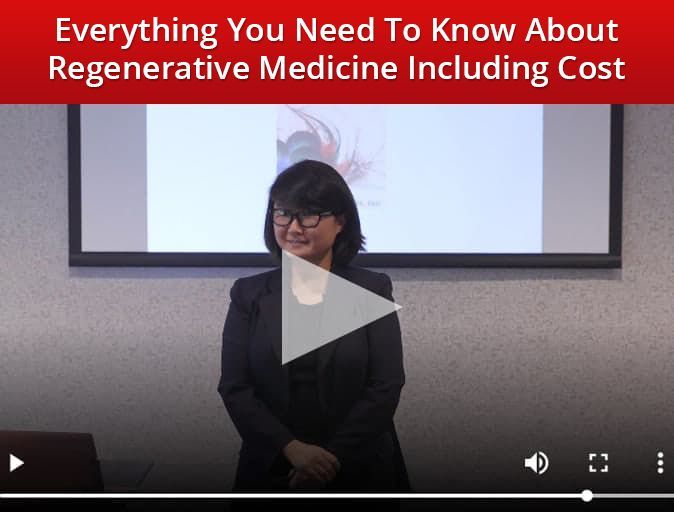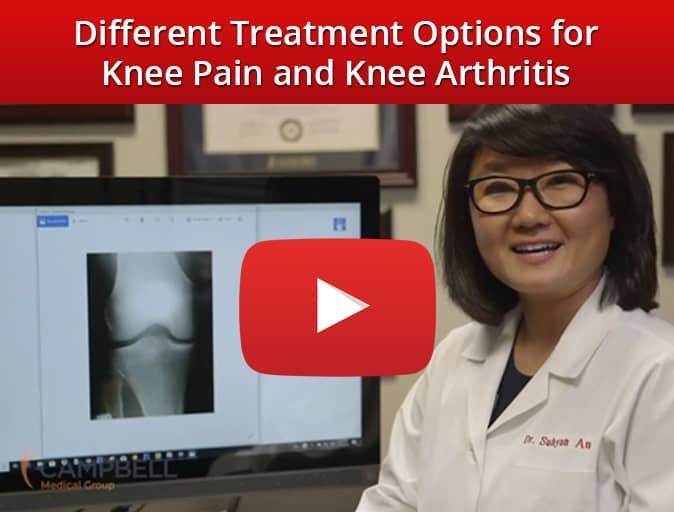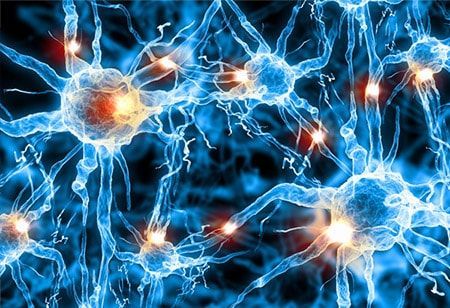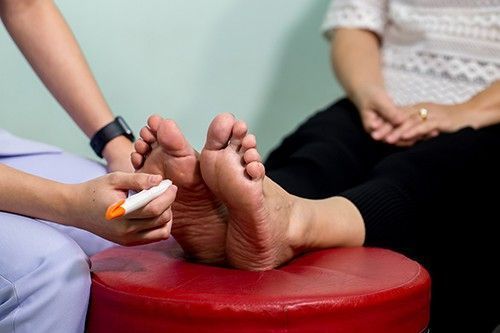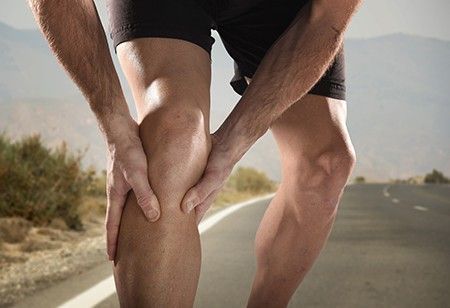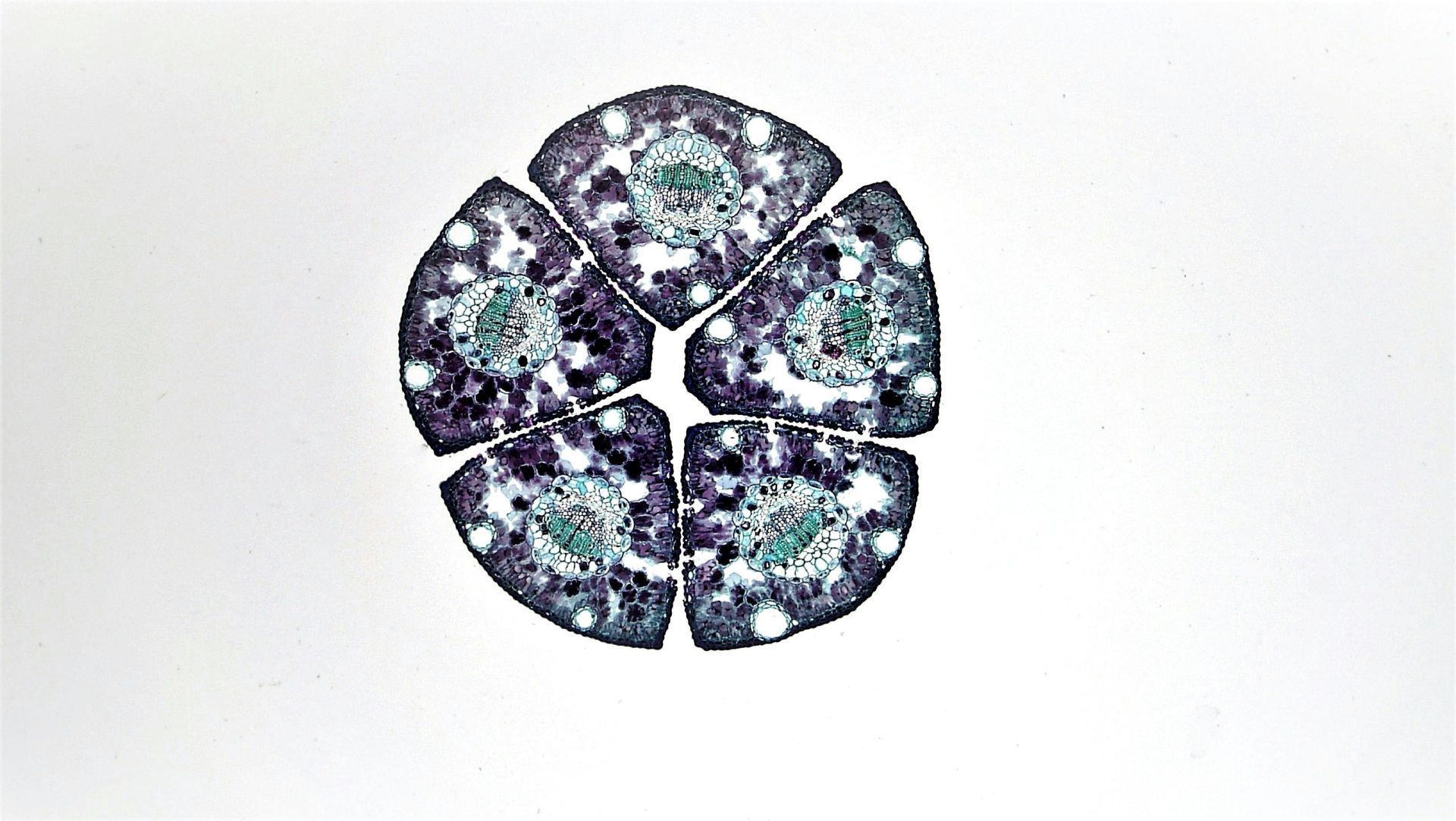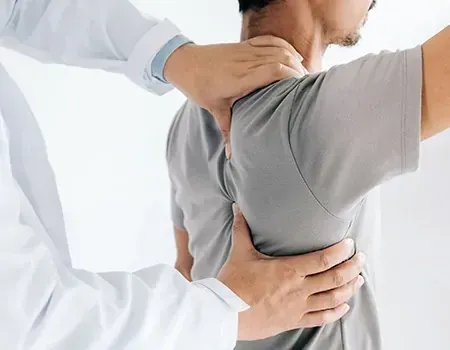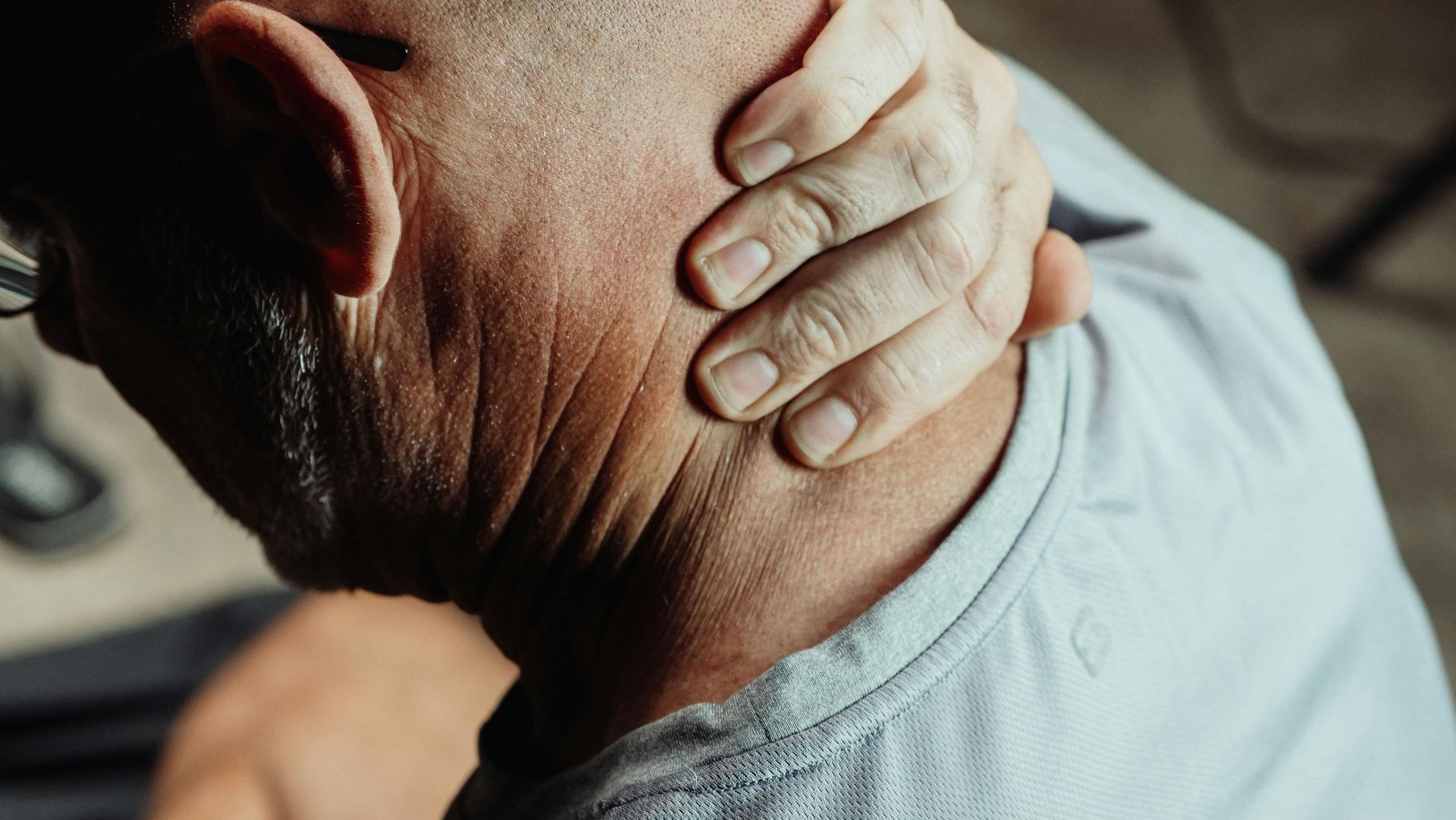Se Habla Español
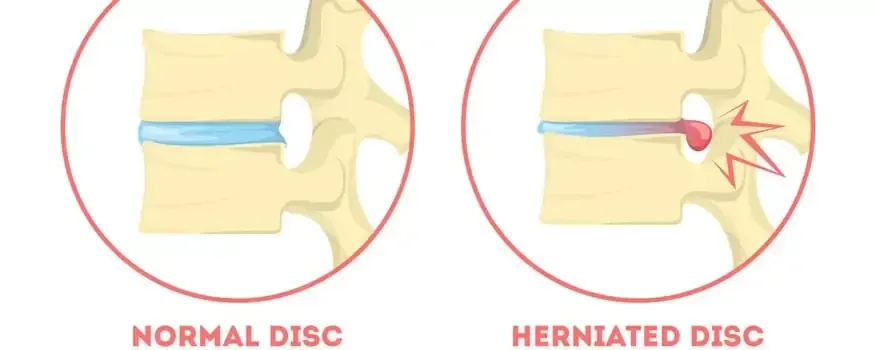
Symptoms and Treatments for Herniated Discs
The spine is comprised of a column of vertebrae which enables us to move freely without friction or pain. Each singular vertebra is surrounded by a gel-like cushion that protects and lubricates it.
When the outer layer of the disc ruptures, the gel-like center may leak into the spinal canal. Even worse, when that gel or protruding disc presses against a nerve, it can trigger shooting pain, extreme discomfort, and numbness. This common condition is referred to as a herniated disc.
Common Symptoms of Herniated Discs
Many individuals may feel one or more of the following symptoms:
- Weakness, numbness, or tingling (often a result of the affected nerves)
- Shoulder and arm pain (typically, if the herniated disc is in the neck)
- Buttocks, thigh, or calf pain (typically, if the herniated disc is in the lower back)
Causes
Herniated discs are often the result of:
- A strenuous occupation
- Trauma (such as a car accident)
- Overexertion
- Genetics
- Excess body weight
- Gradual, age-related wear and tear
Treatments Available for Herniated Discs
Often, a patient may think that invasive surgery is the only viable option for their herniated disc or discs. Unfortunately, this route is the most extreme and involves a lengthy and painful recovery period. In some cases, the surgery is unsuccessful, leaving the patient in continued pain and discomfort.
Similarly, pain sufferers may become reliant on narcotics to dull their pain. These methods may become less effective over time and do not treat the underlying problem. At Campbell Health Center, we offer state-of-the-art, non-invasive pain management alternatives. We aim to rehabilitate and target the source of the problem rather than mask it.
For herniated discs, our medical professionals may recommend one or a combination of the following treatments:
- Spinal Decompression Therapy
Spinal decompression works by gently stretching out the spine. By doing this, bulging or herniated discs may retract, relieving pressure within the spinal structure and nerves. Elongating your spine additionally encourages the movement of essential fluids and oxygen, which further promotes healing within the body. - Spinal Adjustments for Herniated Discs
After careful consideration, our chiropractors may suggest manual spinal adjustments to ease the discomfort of pain associated with herniated discs. These gentle but effective manipulations are done in order to restore the neck and spine to its correct alignment. This subsequently takes the pressure off the nerves and calms the inflammation in the surrounding areas. - Physical Rehabilitation
Physical rehabilitation keeps the body moving and flexible, which is crucial in recovering from injuries like herniated discs. If an individual is suffering from stiffness and loss of strength in their neck, shoulders, or back, it may manifest in tension and pain. Through physical rehabilitation maneuvers that focus on strengthening exercises and stretching, patients may find lasting relief. - Massage Therapy
Massage directed at the neck, shoulders, and back has also been found to be particularly effective in treating herniated discs. It can relieve tension and encourage necessary blood flow to the tissue, which promotes healing and reduces inflammation in the affected areas.
Contact Us
Allow us to help you make an educated decision regarding your pain relief options. Call us today at (832) 460-6468 to schedule a free consultation.
May we invite you to join us for a
Complimentary Consultation?

"Here at Campbell Health Center, we are dedicated to helping you get out of pain and get back to feeling great again.
Call us and tell us about your health issues and set up a consultation to discuss the treatment that will best get you back to optimum health.
We promise to sit down with you, face to face, and be attentive, present, focused and actually listen."
Campbell Health Center
Call us now at
(832) 243-7713
Advanced Pain
Management Articles
How Can We Help You?
This fast-growing treatment uses cellular tissue, growth factors, and PRP to heal and restore your body to a healthy level.
Campbell Health Center can help treat peripheral neuropathy, and help relieve the pain and discomfort associated with it.
We treat our patients with the most effective healing options available to ensure you can return to a pain-free life.
Stem Cell Therapy is an advanced regenerative medicine to provide safe and effective relief for a variety of health conditions.
Chiropractic care focused on restoring movement and correct positioning to the joints of the body.
Pain relief treatments are designed to help your body heal itself very effectively instead of masking the pain.
How Do Our Patients Feel About Us?
"Excellent Clinic! The staff were very helpful and polite from my initial phone call to every appointment day. All the doctors are friendly and knowledgeable. They took the time to explain my condition and my treatment options. Glad to find this clinic who can finally end my back pain!"
Susan B.
"Dr. An is great and so is her staff. I saw her about 24 hours after an ankle injury - she recommended PRP injections. Now it's 3 days after the PRP treatment and I'm back to teaching and practicing yoga. I highly recommend Campbell Health Center."
Hope W.


